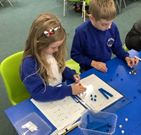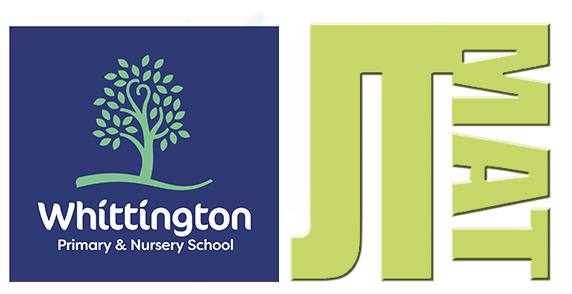Mathematics
Our Curriculum Intent:
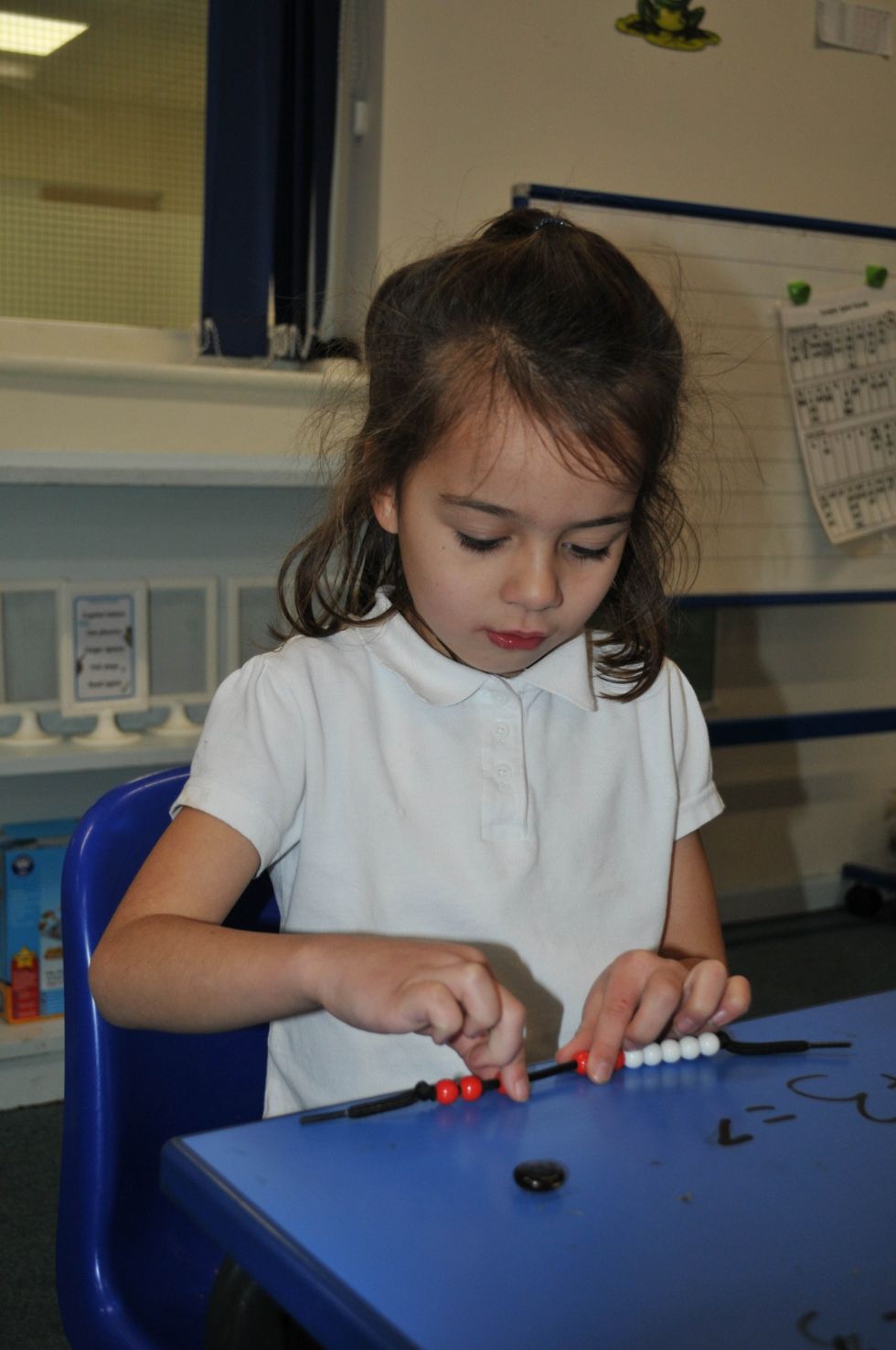 At Whittington we strive for our children to be successful and proficient mathematicians. Maths is a life skill – we use it all the time. We even use maths when we don’t even realise it. We believe that all children can master maths using a growth mind-set approach. Children and adults believe that hard work, effort and commitment drive success and everyone can do maths!
At Whittington we strive for our children to be successful and proficient mathematicians. Maths is a life skill – we use it all the time. We even use maths when we don’t even realise it. We believe that all children can master maths using a growth mind-set approach. Children and adults believe that hard work, effort and commitment drive success and everyone can do maths!
The 2014 National Curriculum for Maths aims to ensure that all children:
- Become fluent in the fundamentals of Mathematics
- Are able to reason mathematically
- Can solve problems by applying their Mathematics
Our Curriculum Approach:
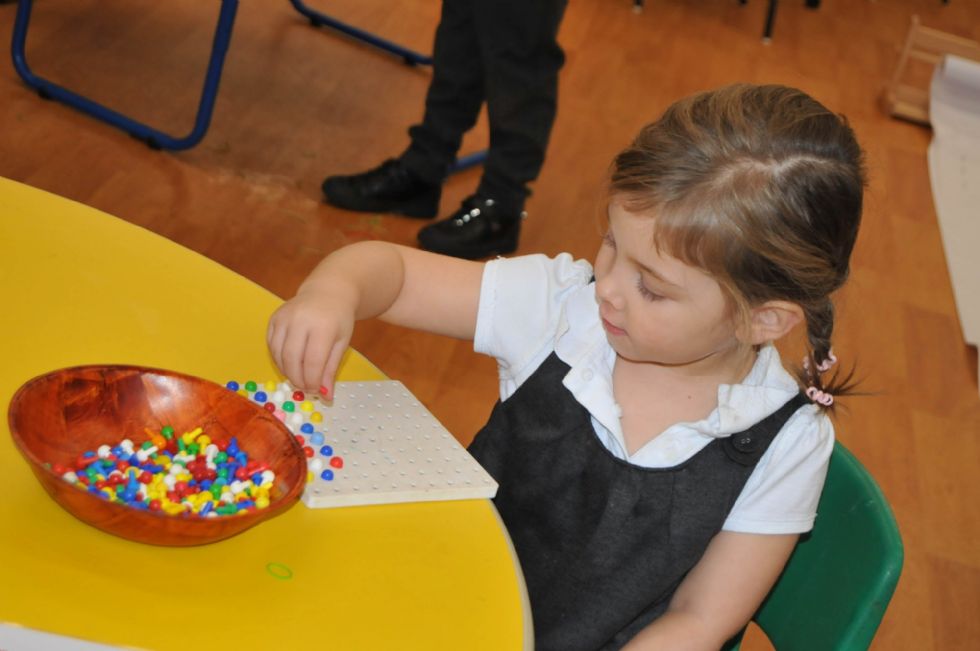
At Whittington, where pupils start as novices, the Maths curriculum builds fluency in key practices that are essential for later success.
There are Three Key Categories of Knowledge:
- Knowledge of facts - declarative knowledge
We build the children’s knowledge of facts through our daily teaching and our weekly focus on Key Instant Recall Facts. Each year group has a half termly focus, which develops the children’s automaticity. We are also part of the NCETM Mastering Number program for EYFS and Key Stage 1. This enables our children to have daily systematic practice of key number facts so that they have developed a firm foundation of number sense. This means they can say, ‘I know that…’.
- Knowledge of methods - procedural knowledge
We follow a clear progression of calculation strategies to develop the children’s procedural understanding. The children will be able to select the most efficient methods for calculating and will have a secure understanding of the underlying principles. This means they can say, ‘I know how…’.
- Knowledge of strategies - conditional knowledge
Once children’s knowledge is automatic and secured, they can then move on to condition knowledge. This is the knowledge and understanding of strategies which can be used to reason and solve problems. Children are given opportunities to apply their knowledge throughout their lessons, they are taught topic-specific problem-solving strategies They will be able to say, ‘I know why…’.
To be successful in Maths, we recognise that pupils need to develop their conceptual understanding. In order to develop conceptual understanding in our pupils, we implement the CPA approach to learning (concrete, pictorial and abstract). This approach recognises that in order for pupils to understand abstract concepts, they must first learn mathematical concepts through the use of concrete resources and pictorial representation. Manipulatives are essential resources for all stages and teachers use these at every opportunity, and continue the Concrete-Pictorial-Abstract approach right through to Year 6.
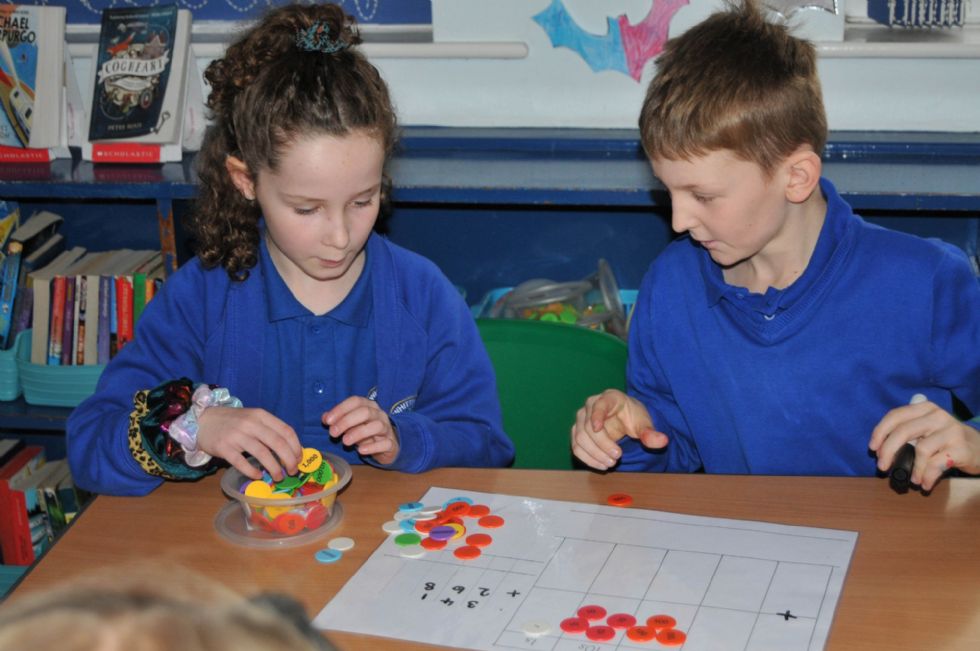 To ensure consistency and progression, Whittington follows our own long-term overview. We work with the DFE funded Maths Hub mastery programme. Our long-term overview is a clearly structured teaching and learning process that helps make certain that every child masters each maths concept securely and deeply. It sees all children learning the same concept in small, cumulative steps, each finding and mastering challenge at their own level. Rapid interventions or extending the use of manipulatives can help support learners who need support during a lesson. Those who grasp a concept easily have time to explore and understand that concept at a deeper level. Our approach values real understanding and richer, deeper learning above speed. The whole class therefore moves through the curriculum at broadly the same pace.
To ensure consistency and progression, Whittington follows our own long-term overview. We work with the DFE funded Maths Hub mastery programme. Our long-term overview is a clearly structured teaching and learning process that helps make certain that every child masters each maths concept securely and deeply. It sees all children learning the same concept in small, cumulative steps, each finding and mastering challenge at their own level. Rapid interventions or extending the use of manipulatives can help support learners who need support during a lesson. Those who grasp a concept easily have time to explore and understand that concept at a deeper level. Our approach values real understanding and richer, deeper learning above speed. The whole class therefore moves through the curriculum at broadly the same pace.
Curriculum Implementation:
For each year group, the curriculum is broken down into core concepts and taught in units. A unit divides into smaller learning steps – lessons.
Each small step lesson begins with a ‘Can you still…?’ task which enables the children to revisit prior learning and ensure it is becoming part of their long-term memory. The teacher then introduces the vocabulary for that small step. At Whittington, we encourage the children to use precise vocabulary. During the teacher-led input, children may be given sentence stems or generalisations to help develop and support their understanding of the small step being taught. Teachers use careful questions to draw out children’s discussions and their reasoning. When children learn to talk purposefully together about maths, barriers of fear and anxiety are broken down and they grow in confidence, skills and understanding. Building a healthy culture of ‘maths talk’ empowers their learning. Teachers will also address misconceptions that arise for that small step. Children are led through strategies for problem-solving. The children then work independently through a series of fluency, problem-solving and reasoning tasks. Teachers also provide the children with challenge questions for those children who progress quickly, which require them to ‘go deeper’ with their knowledge.
